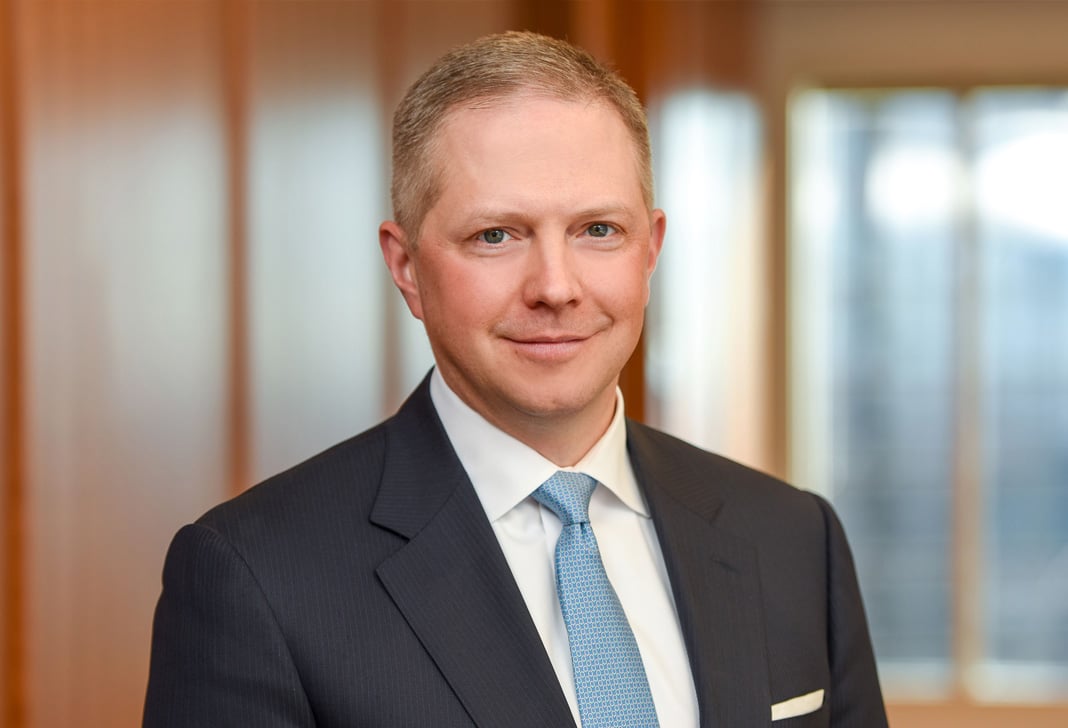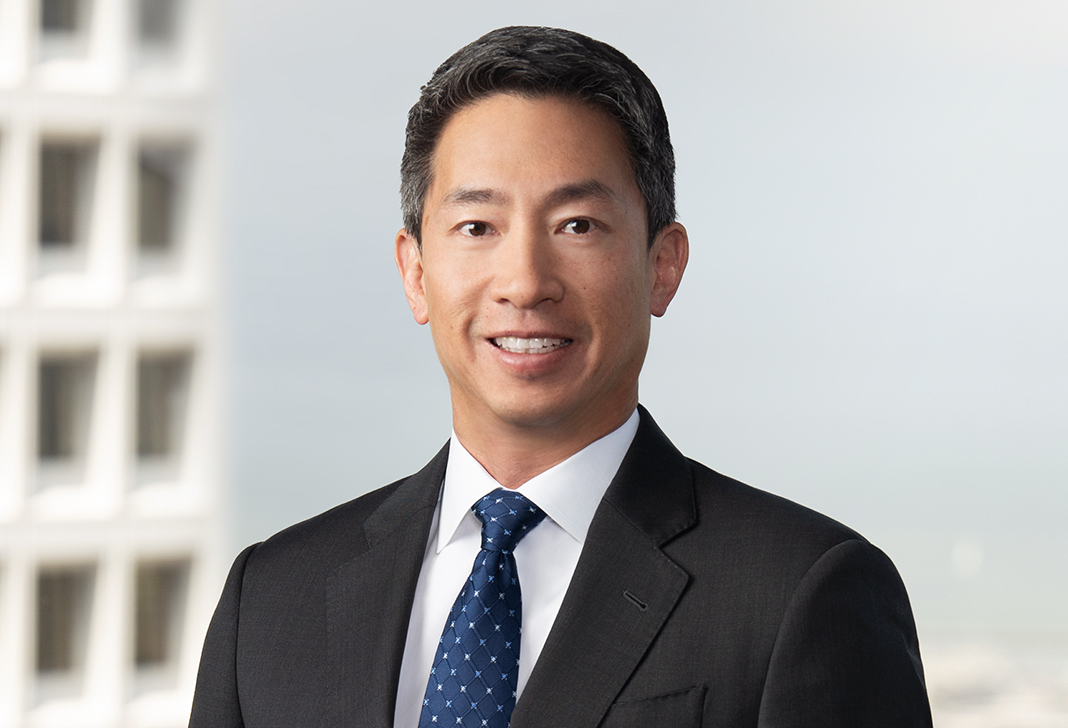
President Trump Pauses DOJ FCPA Enforcement and Orders Preparation of New Enforcement Guidelines
In Short
The Development: On February 10, 2025, President Donald J. Trump signed an Executive Order pausing enforcement of the Foreign Corrupt Practices Act ("FCPA") by the U.S. Department of Justice ("DOJ") for 180 days and ordering Attorney General Pam Bondi to issue new FCPA enforcement guidelines that promote American competitiveness. The Executive Order follows the Attorney General's February 5 Memorandum directing DOJ prosecutors to prioritize FCPA cases involving transnational criminal organizations ("TCOs"). Both developments signal a substantial shift in the DOJ's anti-corruption enforcement focus.
The Result: While shifts in enforcement priorities are common when administrations change, the Trump administration appears poised to fundamentally reshape the DOJ's enforcement of the FCPA, potentially deemphasizing enforcement against American citizens and companies in situations that could harm American economic interests. However, precisely how the new enforcement guidelines will accomplish the stated objectives and the impact on existing and future DOJ FCPA investigations and enforcement actions remain to be seen.
Looking Ahead: The FCPA itself remains effective and unchanged, as do anti-bribery laws in other countries. While waiting for the Attorney General's new enforcement guidelines, companies and individuals subject to such laws should continue to comply with their applicable anti-corruption compliance obligations. Moving forward, the issuance of the new DOJ FCPA enforcement guidelines, the lifting of the enforcement pause, and any relevant developments in other jurisdictions will provide an occasion for companies to reassess their anti-corruption risks and adjust their compliance programs accordingly, in light of the new realities.
DOJ Directed to Pause FCPA Enforcement for 180 Days and Issue New Enforcement Guidelines to Prioritize American Interests
Citing a need to curtail "overexpansive" FCPA enforcement that has harmed American economic interests, on February 10, 2025, President Donald J. Trump paused the DOJ's enforcement of the FCPA for 180 days in an Executive Order titled "Pausing Foreign Corrupt Practices Act Enforcement to Further American Economic and National Security." While the DOJ's pause is significant, the FCPA remains good law and as such continues to carry compliance obligations for companies and individuals subject to U.S. jurisdiction. The Executive Order does not provide any assurance of leniency, much less immunity from prosecution, to any companies or individuals found to have violated the FCPA during the period of this pause.
The Executive Order directs the Attorney General to, for a period of 180 days:
- Pause the initiation of any new FCPA investigations or enforcement actions;
- Review all existing FCPA investigations and enforcement actions and take action to "restore proper bounds on FCPA enforcement"; and
- Issue new FCPA enforcement guidelines that "promote the President's Article II authority to conduct foreign affairs and prioritize American interests, American economic competitiveness with respect to other nations, and the efficient use of Federal law enforcement resources."
The Executive Order authorizes the Attorney General to extend the review period for an additional 180 days, "as the Attorney General determines appropriate." After the review period has passed and new guidelines have been issued, all future investigations and enforcement actions must follow the new guidelines and must be "specifically authorized" by the Attorney General.
Additionally, after the new guidelines are issued, the Attorney General will evaluate whether any "additional actions" are appropriate, including actions to "remedia[te]" past FCPA investigations and enforcement actions that are deemed to have been "inappropriate." The Executive Order does not require the use of any specific criteria or other information in determining the appropriateness of a particular investigation or enforcement action, although it is reasonable to anticipate that such criteria will, at least in part, relate to considerations set forth in the "Purpose and Policy" section of the Executive Order. The criteria may include whether the investigation or action in question is deemed to have "impede[d] the United States' foreign policy objectives" or inappropriately harmed the competitiveness of U.S. companies through enforcement based on "routine business practices" or otherwise.
In a related Fact Sheet published by the White House on the same day, the Trump administration explained the rationale for the Executive Order, stating that "U.S. companies are harmed by FCPA overenforcement because they are prohibited from engaging in practices common among international competitors, creating an uneven playing field." The Executive Order specifically cited the importance of American companies "gaining strategic business advantages" in connection with "critical minerals, deep-water ports, [and] other key infrastructure or assets."
Prior to the Pause, DOJ Stated It Would Focus FCPA Enforcement on Cartels and TCOs
The President's Executive Order comes just days after the DOJ had announced a shift in anti-corruption enforcement priorities. On February 5, 2025, just one day after her confirmation by the U.S. Senate, Attorney General Bondi issued a department-wide Memorandum titled "Total Elimination of Cartels and Transnational Criminal Organizations," which instructed the DOJ Fraud Section's FCPA prosecutors to prioritize cases involving TCOs and cartels, such as "bribery of foreign officials to facilitate human smuggling and the trafficking of narcotics and firearms," and to "shift focus away from investigations and cases that do not involve such a connection." The reprioritization marks a notable departure from previous enforcement practices, as historically, FCPA cases involving cartels and TCOs have been rare.
The Memorandum also broadened the number of DOJ components authorized to investigate and prosecute such cases. For all matters relating to foreign bribery associated with cartels and TCOs, the authority to conduct investigations and prosecutions under the FCPA and the Foreign Extortion Prevention Act ("FEPA") is no longer limited exclusively to the DOJ's Fraud Section, and authorization from the Criminal Division is no longer required. U.S. Attorney's Offices are now authorized to conduct such investigations and bring charges as long as they provide the Fraud Section with 24 hours of advance notice. As a result, moving forward, individual U.S. Attorney's Offices may pursue FCPA and FEPA cases that are associated with cartels and TCOs, while the FCPA Unit within the Criminal Section will maintain its authority to bring all other types of FCPA and FEPA cases.
These changes are in effect for a period of 90 days and will be renewed or made permanent as deemed appropriate by the Attorney General and Deputy Attorney General.
Next Steps for Companies and Individuals Subject to the FCPA
While the Executive Order and the Memorandum signal longer-term changes to FCPA enforcement, the extent to which past, ongoing, and future corporate FCPA investigations and prosecutions will be impacted remains to be seen.
As noted above, the FCPA is still good law, and is just one of many anti-corruption laws that companies and their personnel and agents may be subject to. Issuers of securities listed on a U.S. exchange or that are required to file reports with the U.S. Securities and Exchange Commission ("SEC") also still have obligations under the FCPA to maintain books and records and internal controls and to respond to their auditors. And corporate policies and codes of conduct likewise set expectations and rules for ethical conduct on the part of officers, employees, and agents—not simply as a matter of legal compliance, but also to promote responsible behavior and to serve important culture-building objectives.
As a result, companies subject to the FCPA should continue to comply with their anti-corruption compliance obligations and not interpret the Executive Order and the Memorandum as an invitation to de-prioritize FCPA compliance efforts, especially since enforcement priorities are always subject to modification, and additional adjustments in FCPA enforcement may be anticipated with this and future administrations. This is especially important since the statute of limitations for FCPA violations is, at minimum, five years. Therefore, recent and ongoing FCPA violations could all be subject to enforcement after the pause or under the next administration.
Given the Executive Order's emphasis on promoting American interests and the competitiveness of American companies, non-U.S. companies and individuals that are subject to the FCPA's jurisdiction in particular may face greater scrutiny from the DOJ moving forward. And this is also true with respect to the DOJ's enforcement of the FEPA, which targets the foreign government officials who demand or accept bribes. Moreover, the DOJ's heightened focus on cartels and TCOs both in the Memorandum and as a general matter may lead to increased scrutiny of both American and foreign companies and individuals that are more likely to interact with them (directly or indirectly), such as companies in the energy, food and beverage, infrastructure, telecommunications, and utilities industries.
It should also be noted that the recent actions by the Executive Branch do not directly impact the anti-corruption enforcement priorities of the SEC, which is charged with civil enforcement of the FCPA's provisions against issuers, including the books-and-records and internal controls provisions. Indeed, to date, the SEC has not announced any changes to its FCPA enforcement priorities. They also do not impact anti-bribery enforcement undertaken by foreign authorities, such as the United Kingdom's Serious Fraud Office. Therefore, companies subject to domestic and international anti-bribery enforcement should remain vigilant and ensure that their compliance programs adequately address shifts in enforcement priorities and practices.
Three Key Takeaways
- The DOJ's pause in FCPA enforcement for a minimum of 180 days while the Attorney General reviews existing enforcement actions and develops new enforcement guidelines is a significant development and signals that longer-term adjustments to FCPA enforcement are likely forthcoming.
- However, the FCPA is still good law, and a "pause" in DOJ FCPA enforcement should not be interpreted as an abandonment of enforcement. The Attorney General's new FCPA enforcement guidelines will provide more clarity with respect to post-pause enforcement, and in the meantime, the SEC retains civil authority to enforce the FCPA, and the anti-bribery efforts of foreign regulators are unaffected.
- Therefore, entities and persons subject to the FCPA should continue to comply with applicable anti-corruption compliance obligations and be prepared to adjust their compliance programs and practices as additional developments in this area unfold.

















